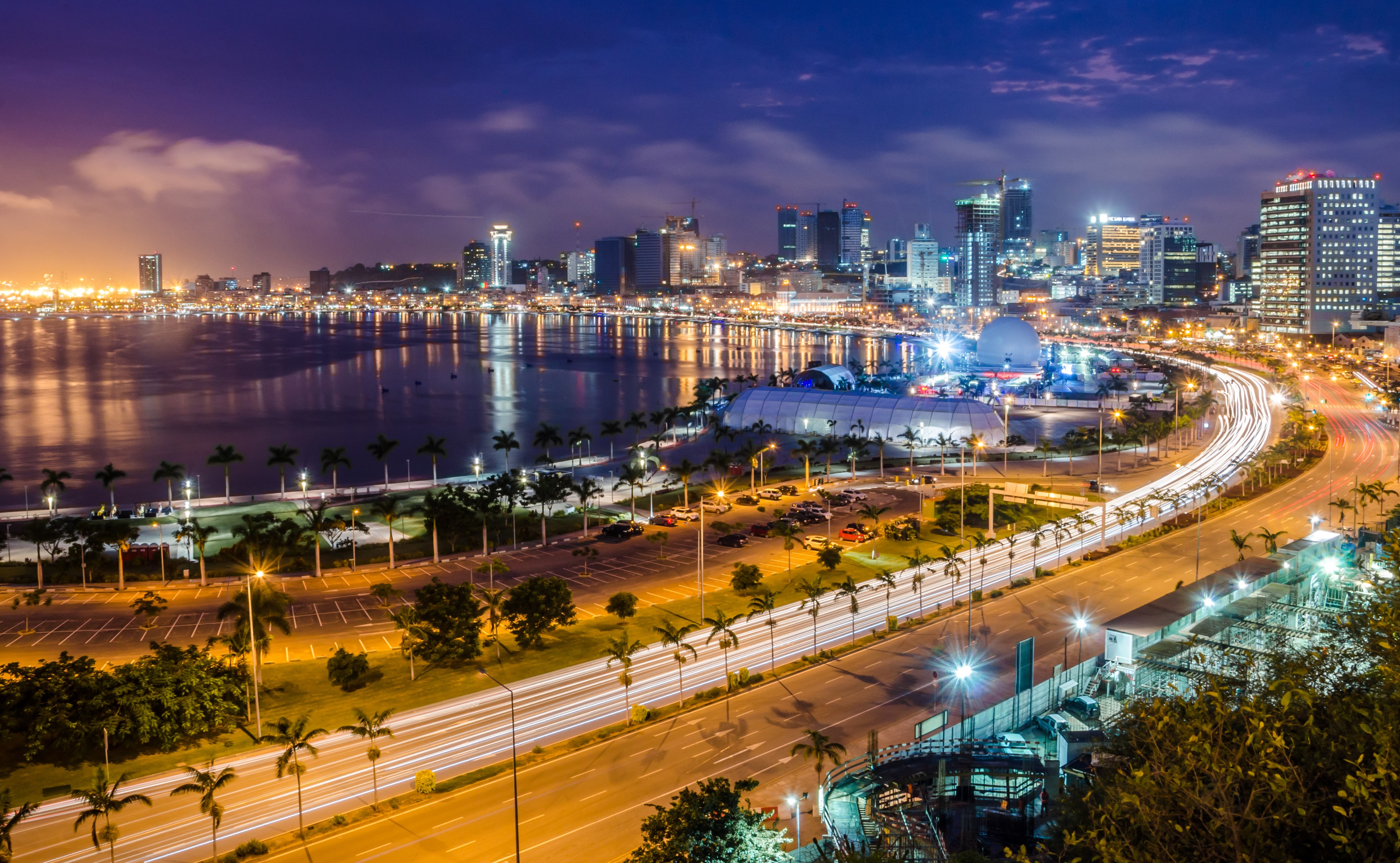
On EU side, the meeting was also attended by Executive Vice-President of the Commission for An Economy that Works for the People and interim Commissioner for Trade, Valdis Dombrovskis and Commissioner for International Partnerships, Jutta Urpilainen. On the Angolan side, the Minister of Economy and Planning Sérgio dos Santos and the Minister of Industry and Trade Victor Fernandes took part in the meeting.
The meeting covered a broad range of topics that include political and security issues, the upcoming EU-AU summit, the COVID impact and response, the future of EU-Angola bilateral cooperation and trade and investment relations.
A roadmap on Security and defence
As the fourth biggest economy of Sub-Saharan Africa, and with its geographical position – straddling central and southern Africa – Angola has an important role to play to contribute to regional stability and promoting democratic values in a region where several neighbouring countries are facing domestic challenges and where persistent drivers of conflict are present.
During the meeting, the EU and Angola agreed to launch a roadmap aiming to establish a partnership on Security and Defence. The initial focus will be on consolidating the global rules-based order in support of the UN and the African Union, on possible Angolan participation in EU CSDP (Common Security and Defence Policy) missions and operations, and on maritime security in the Gulf of Guinea.
Diversifying its economy and attracting investment
Angola has faced serious recessionary pressures, linked to a combination of factors including a severe reduction in oil revenue and the COVID-19 pandemic. President Joao Lourenço, elected in 2017, has dedicated his leadership to modernizing the economy, improving the business and investment climate and deepening the democratic system.
The EU is actively supporting this reform dynamic. As an act of solidarity, Commissioner Urpilainen has announced an additional € 20 million funding to support Angola’s Covid-19 socio-economic response including economic restructuring. A business event focused on specific value chains will be organised in the coming months. One of the concrete actions that is already being launched in Angola is the development of coffee production, processing and marketing, developing a resource that can generate jobs and added value for the country.
In the near future, both parties are exploring the possibility of having an EU-Angola investment agreement focusing on investment facilitation, on top of the possibility for Angola to join the EU-SADC EPA (Economic Partnership Agreement).
Background on EU-Angola cooperation
In Angola, the EU is funding programs in areas that are essential for the population’s well-being, supporting the fight against poverty and education. The areas of the cooperation include State capacity building to foster Angola’s stability; job creation to build a viable future for the youth; and economic diversification to make the economy more resilient. Among other programmes, projects in sustainable agriculture, water and sanitation as well as technical/vocational training and higher education are also being implemented.
For more information: 5th Angola-EU Ministerial Meeting – Joint Way Forward
Follow this news feed: EU





